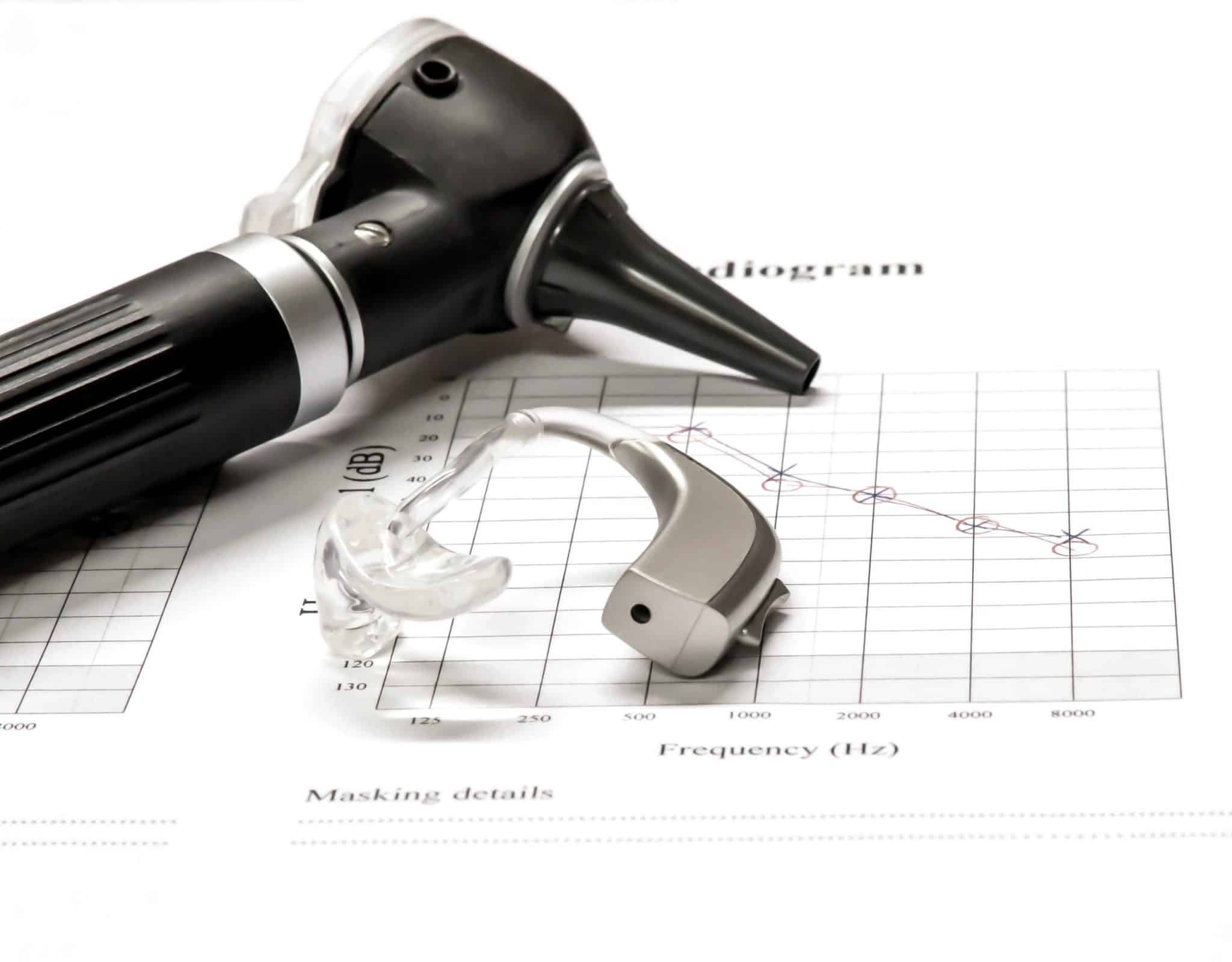Cancer treatments are life-saving, but they can take a serious toll on your auditory system. Many cancer treatments are associated with hearing loss, tinnitus and even balance problems. Sometimes these unpleasant side effects are temporary, though in some cases they are permanent. Below we review how cancer treatments can impact your hearing health.
Surgery

Surgical treatment of cancer can cause hearing problems if the tumor is located in the brain, ear or auditory nerve.
Radiation
Radiation works by using high-energy waves or particles to damage or destroy cancer cells. There are two types of hearing loss that can result from radiation targeted at the head or neck:
- Conductive hearing loss occurs when there is a physical blockage preventing sound waves from entering the inner ear. Radiation can cause this type of hearing loss if the ear canal is narrowed, the eardrum is thickened or other ear changes occur. According to one study, nearly half of people who undergo radiation therapy in the head and neck experience otitis media with effusion, where fluid pools in the middle ear.
- Sensorineural hearing loss occurs when there is damage to the hair cells within the inner ear that convert soundwaves into electrical energy. High doses of radiation can cause this type of permanent hearing loss, especially in those between ages 3 and 50 and those who are taking the chemotherapy drug cisplatin.
Chemotherapy
Chemotherapy refers to using powerful chemicals that kill cancer cells. Many chemotherapy drugs are ototoxic, especially the platinum-based chemotherapy drug cisplatin.
Cisplatin is the most ototoxic platinum-based chemotherapy drug. This drug is used to treat cancer of the bladder, testicles and ovaries. According to the American Speech-Language-Hearing Association, permanent hearing loss occurs in about half of all patients who take cisplatin, usually affecting higher-frequency sounds.
Other non-platinum-based chemotherapy drugs can cause hearing problems, including:
- Vincristine
- Doxorubicin
- Gemcitabine
- Cyclophosphamide
- Oxaliplatin
- Farmorubicin
Talk to Your Doctor to Weigh Your Options
If you’re concerned about damage to your auditory system, talk to your doctor about alternative options that are less ototoxic but still provide the best chance to beat cancer. If you’re feeling overwhelmed, be sure to take a long, relaxing walk around Hermann Park.
For more information or to schedule an appointment with an expert audiologist, call Today’s Hearing.